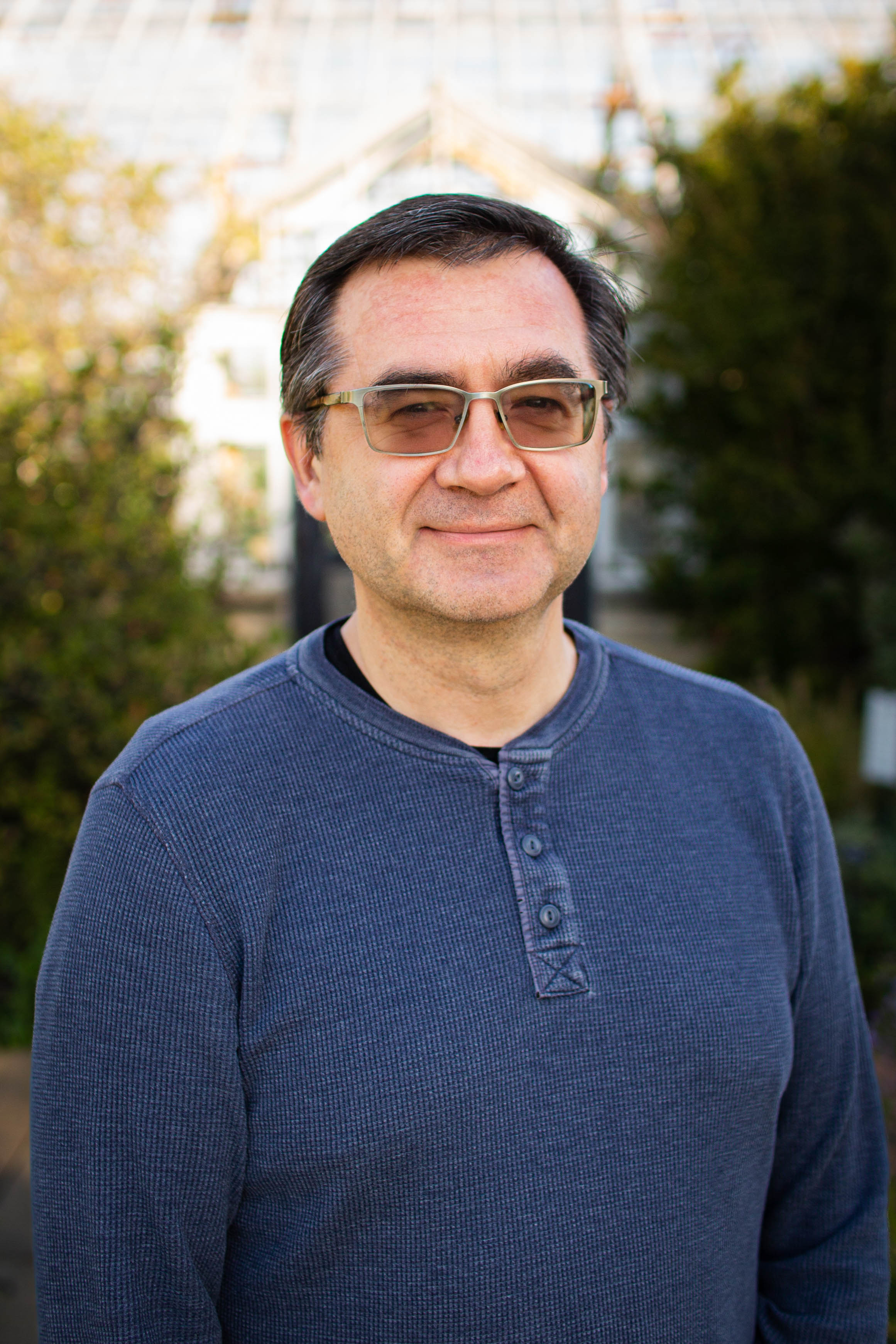Biography
I started to study genetics and diversity of wheat and its wild relatives during my postdoctoral research at UC Davis (CA). In 2007, I joined KSU as a professor of wheat genetics and pathology. Our team works on developing resources and tools for improving bread wheat. We combine genomics, molecular biology, genetics, gene editing and phenomics to identify genes that improve resistance to pests and pathogens and allow wheat producers to grow high-yielding crop with high grain quality and nutritional value, and drought and heat tolerance.
Education
- Ph.D. Plant Molecular Biology, Institute of Genetics - Russia, 1999
- M.S. Biochemistry, Novosibirsk State University, 1992
Research
Introgression of wild relative diversity into wheat: our group uses combination of genomics technologies, cytogenetics, chromosome engineering and genetics to identify, map and transfer wild relative genes into wheat to improve disease resistance, nutritional quality, and yield.
Wheat genomic diversity: our group uses genomic technologies to study genetic diversity of wheat and its wild relatives with the purpose of detecting and introgressing useful alleles into bread wheat and developing diversity resources for gene mapping and genotype imputation.
Gene mapping: we identify useful traits in wheat and its wild relatives, map genes associated with these traits and develop markers for introgression of detected alleles into breeding programs.
Genetics of wheat-pathogen interaction: We map and characterize genes conferring resistance to wheat rusts and identify fungal avirulence factors that define the outcome of infection. The developed knowledge is used to devise better approaches for developing resistant wheat varieties and predicting virulence of emerging pathogen races.
Genome editing: We develop and optimize gene editing approaches for improving wheat and use them to improve traits controlling yield potential, disease resistance and quality.
